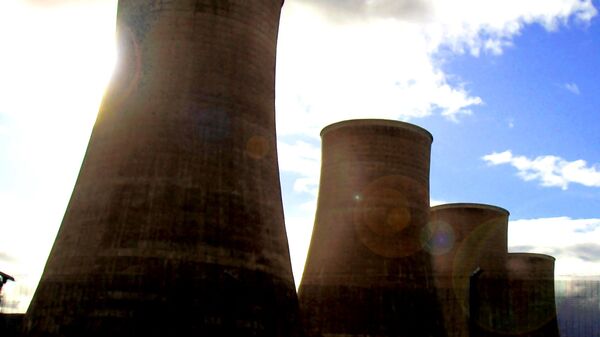French energy giant EDF has been working on building a new nuclear power station at Hinkley Point, in south west England for years. It was initially invited to put forward its proposals in 2012, but its startup has been delayed because of financing and technological problems.
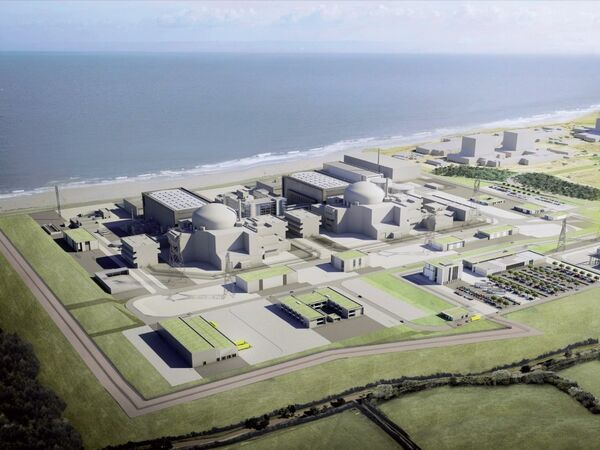
EDF finally gave the financial approval at a board meeting on Thursday night (July 28) and its chief executive Vincent De Rivaz had been due sign documents and hold a press conference in England Friday (July 29). The project's Chinese backers had also been expected to attend.
However, in a surprise move, British Business, Energy and Industrial Strategy Secretary, Greg Clark said the government would postpone a final decision on the project.
"The UK needs a reliable and secure energy supply and the government believes that nuclear energy is an important part of the mix. The government will now consider carefully all the component parts of this project and make its decision in the early autumn."
Justin Bowden, the GMB union's national secretary for energy said:
"[UK Prime Minister} Theresa May's decision to review the go-ahead on Hinkley Point C is bewildering and bonkers. After years of procrastination, what is required is decisive action not dithering and more delay. This unnecessary hesitation is putting finance for the project in doubt and 25,000 new jobs at risk immediately after Brexit."
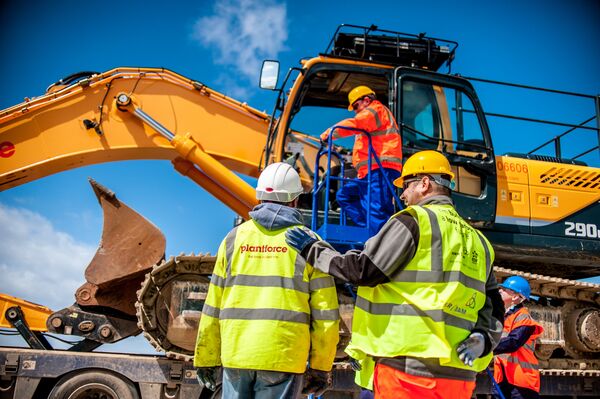
The decision comes at a difficult time for relations between Britain and France, following the referendum on British membership of the EU, which resulted in Brexit. The nuclear deal will do much to retain strong ties and may act as a bargaining chip in negotiations on the UK's future relationship with the EU. The delay has added further uncertainty to the situation.
Tories have just put up the cost of your electricity by giving a blank cheque to EDF for a power station that doesn't work
— Jeremy Corbyn MP (@jeremycorbyn) July 28, 2016
The project has been beset with difficulties from the outset. The UK plant is based on the same technology as two other plants being built in Flamanville in northern France and Olkiluoto in Finland — both of which have encountered technical problems and cost overruns.
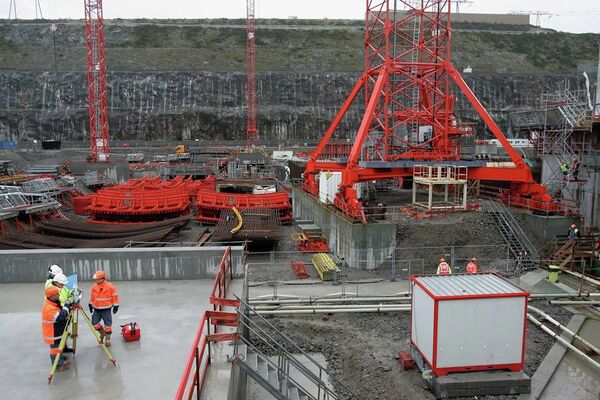
Financial Risks
The project has been hit by financial woes because of a drop in demand for nuclear power since the Fukushima disaster, in March 2011, when a magnitude nine earthquake set off a tsunami that hit the Fukushima Daiichi nuclear plant, resulting in the meltdown of three of the plant's six nuclear reactors.
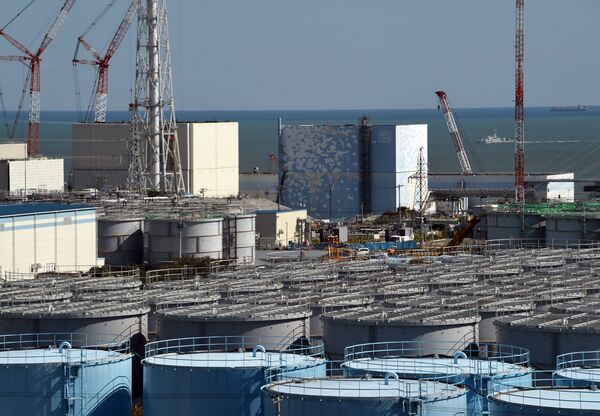
EDF has been struggling to get building underway at Hinkley Point because the sheer cost of building the plant has been a major sticking point, with British taxpayers being forced to back the deal by providing a guaranteed price of generated electricity from the plant.
EDF Energy — the UK subsidiary of EDF — agreed a "strike price" with the UK Government, which guarantees EDF a price of US$141 MWh for generating electricity over 35 years and a debt guarantee — double the current price.
Nuclear experts give their support to #Hinkley Point C https://t.co/MZvUuZeY5r pic.twitter.com/KTQfxUwN9A
— EDF Energy HinkleyC (@edfehinkleyc) July 29, 2016
Despite this, problems with EDF's partner Areva — which manufactures the nuclear reactor — have led to delays in putting finance into place.
Last night EDF said yes to Hinkley, but now the Govt is dithering. Let's grab the opportunity & pile the pressure on https://t.co/Q9BUzXukKS
— Greenpeace UK (@GreenpeaceUK) July 29, 2016
In 2015, EDF's construction partner, Areva, announced huge losses and the French Government is attempting a rescue plan that will include a bailout from EDF. This in turn has had a knock-on to Hinkley, where — despite China General Nuclear Power Corporation (CGN) agreeing to pay a third of the cost of the US$25 billion project in exchange for a 33.5 percent stake. EDF is said to be having trouble raising its 66.5 percent of the cost.

